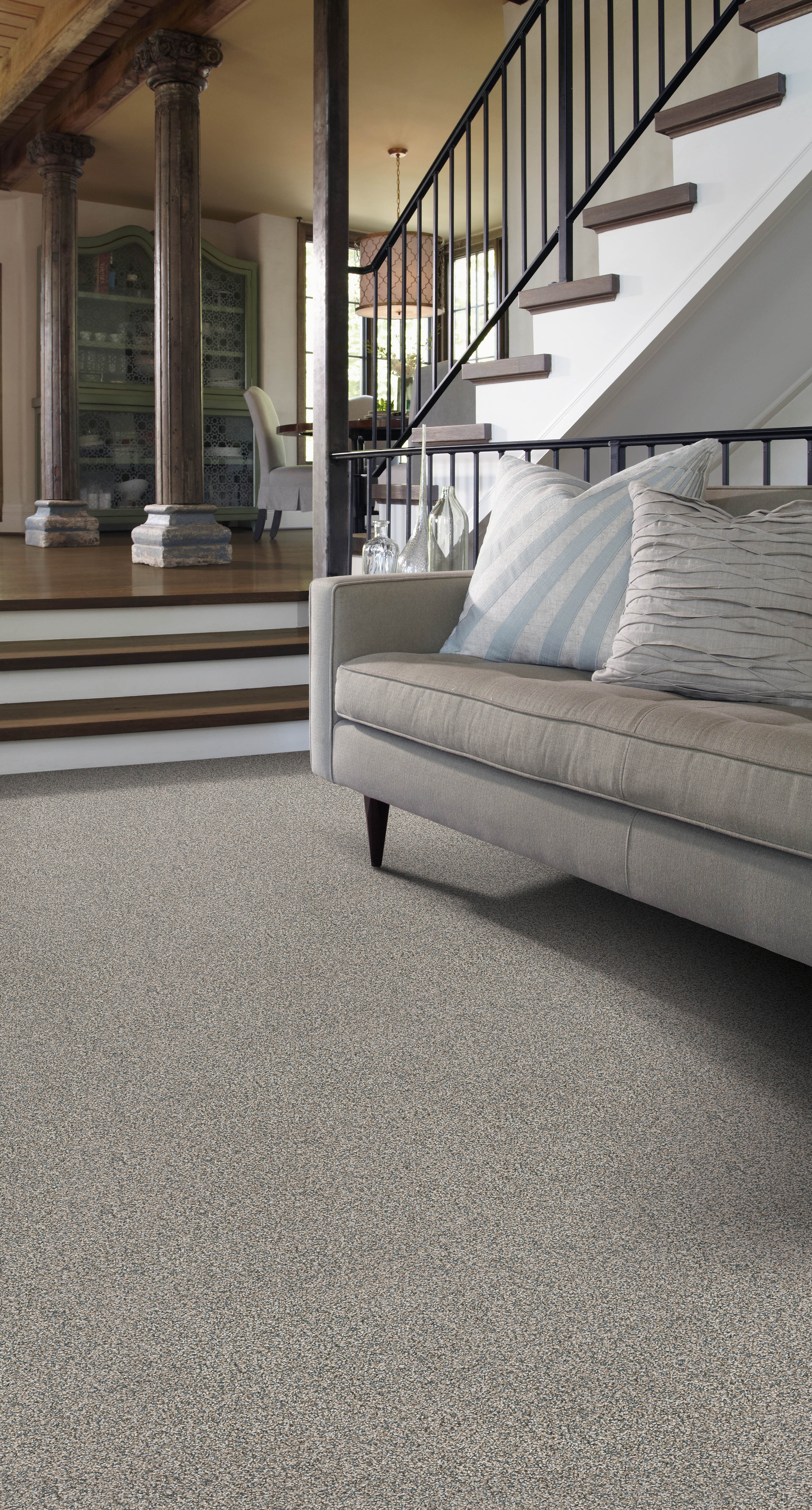When it comes to flooring for assisted living facilities, safety is paramount. Slip and fall accidents can have serious consequences for elderly residents, making it essential to choose flooring with adequate slip resistance. Understanding slip resistance ratings can help you make informed decisions when selecting flooring for your assisted living community.
What are Slip Resistance Ratings?
Slip resistance ratings, often measured using the coefficient of friction (COF), indicate how slippery a flooring surface is when wet. The higher the COF, the less slippery the floor is considered to be. Ratings typically range from 0 to 1, with higher numbers indicating better slip resistance.
Factors Affecting Slip Resistance
Several factors can influence the slip resistance of flooring, including the material, texture, and finish. For example, smooth surfaces like polished tile or hardwood floors tend to be more slippery than textured surfaces like carpet or rubber flooring. Additionally, certain finishes, such as those with high gloss, can reduce slip resistance.
Understanding the Ratings
When selecting flooring for assisted living facilities, it's essential to consider the slip resistance ratings of different materials. The American National Standards Institute (ANSI) and the Occupational Safety and Health Administration (OSHA) provide guidelines for minimum COF ratings in various settings, including healthcare facilities.
For assisted living environments, it's recommended to choose flooring with a COF of at least 0.6, although higher ratings may be preferable, especially in areas prone to moisture or spills. Flooring materials such as luxury vinyl tile (LVT), rubber, and carpet tiles often offer excellent slip resistance and are popular choices for assisted living facilities.
Testing and Certification
Flooring manufacturers may conduct independent testing to determine the slip resistance of their products. Look for flooring products that have been certified by reputable organizations such as the National Floor Safety Institute (NFSI) or have undergone testing according to ANSI standards.
In addition to choosing slip-resistant flooring materials, proper installation and maintenance are crucial for ensuring the safety of residents. Flooring should be installed according to manufacturer guidelines, and regular cleaning and maintenance routines should be established to prevent the buildup of debris or substances that could reduce slip resistance.
Choose Safe Flooring for Assisted Living Communities
When it comes to assisted living flooring, safety should always be the top priority. Understanding slip resistance ratings and selecting flooring materials with adequate COF can help prevent slip and fall accidents and create a safer environment for residents.
At Georgia Carpet and Floors, we offer a wide range of slip-resistant flooring options suitable for assisted living facilities in Bradenton, FL, and surrounding areas including Palmetto, Lakewood Ranch, Holmes Beach, Anna Maria Island, Longboat Key, Sarasota, Parrish, Ellenton, and Bayshore Gardens. Contact us today to learn more about our products and services.








